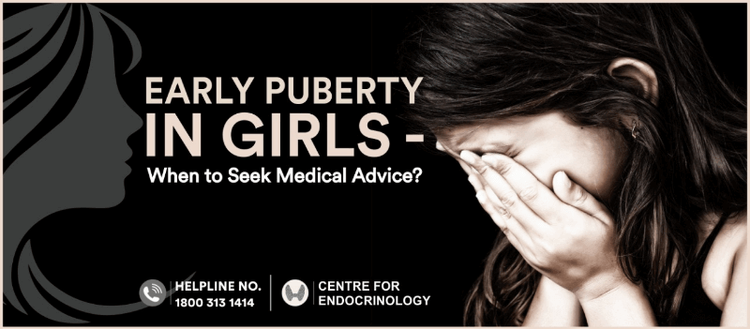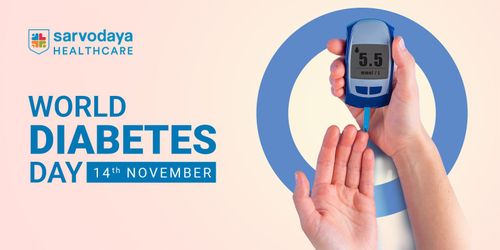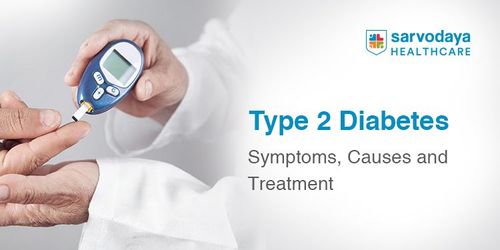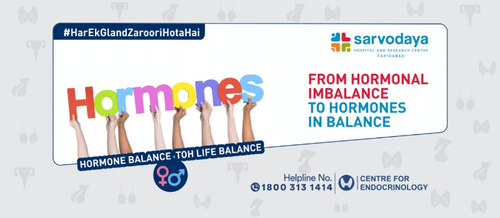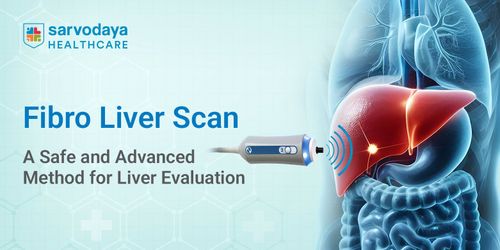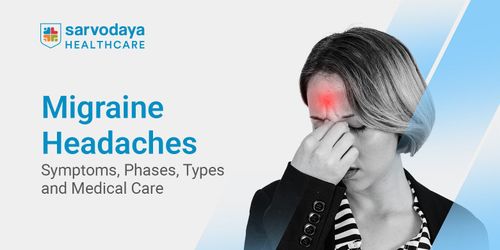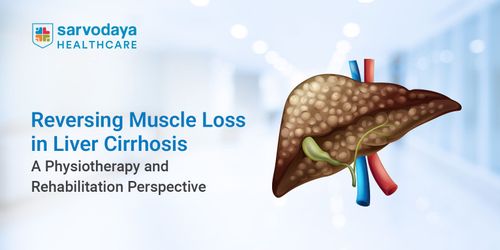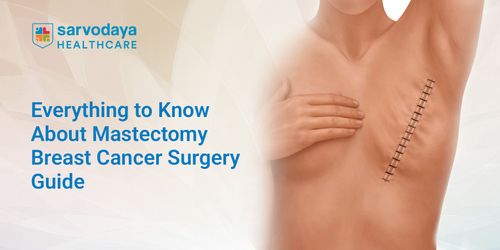Puberty is a natural process of growing up in a girl’s life, but it can be quite worrisome if it occurs at a young age, when she is still busy with her toys.
When puberty appears earlier than expected, it becomes tough for the child, who is not yet mature enough to understand and handle her mental and physiological changes. Even the parents’ may get baffled on how to make their kids understand this critical stage of maturing at such a tender age.
Early Puberty in Girls Is Now a Common Thing Worldwide.
Due to lifestyle and environmental changes, entering puberty at an early age is now considered quite normal. However, puberty before the age of 8 years can be a thing of concern.
What Is Early Puberty?
Early puberty (medically termed as precocious puberty) is when a child enters puberty before the age of 8 years. Usually, puberty at 8 years or later is considered normal but when happens earlier, it needs medical attention.
Signs Of Early Puberty:
- Breast development
- Pubic or underarm hair
- Rapid height growth
- Acne
- Changes in body odor
- Vaginal discharge or bleeding
Why Is Early Puberty Happening?
The Pituitary gland, which is situated behind the nasal passage and below the brain, produces hormones (gonadotropins), responsible for puberty. This hormone stimulates the ovaries to generate sex hormones (estrogen and progesterone) that initiate the onset of puberty. In the case of ‘precocious puberty’, the whole process starts early then its stipulated time.
This natural cycle of puberty may initiate at an early age (before 8 yr.) due to underlying health issues that need medical attention as early as possible.
Underlying Medical Causes:
- Neurological Disorder
- Hormone secretory tumors
Also, there are some Non-medical risk factors that may add to the acceleration of Puberty. These include:
- Childhood obesity due to a sedentary lifestyle and unhealthy food habits.
- Eating poultry food and meat treated by hormone & antibiotic.
- Eating genetically modified vegetables and cereals.
- Going through stress in childhood or intense conflicts around her.
- Excessive use of soy diet in pregnancy and nursing leads to exposure of phytoestrogen which might affect the fetus and its future development.
- Food and beverages stored in plastic containers. Use of plastic wrap and canned foods.
- Use of toys made of BPA contaminated plastics.
Consequences
Early puberty leads to a lot of psychological problems and physical discomfort for the girl. Some major issues include:
- Psychological stress – Due to early puberty, she may find it difficult to socialize with kids of her age and also, can’t gel-up easily with people above her age as she is not mentally mature enough.
- Short height – Early puberty changes may interfere with growth hormones and restrict height development.
- Risk of sexual abuse - Early puberty may lead to sexual urges at an early age. Also, physical developments may attract unwanted attention from the opposite gender.
Clinical Diagnosis & Treatment
For precise diagnosis and treatment of Early Puberty, one may consult an Endocrinologist in Faridabad (a doctor who specializes in growth and hormonal disorders). Blood tests can be conducted to check the hormone levels. Other tests to rule out specific causes may include CT scans, MRIs, and ultrasounds.
Children with advanced puberty can be treated. Doctors can help the child to grow and reach her full adult height. Also, with proper counseling, they may help stop the emotional and social problems she may face by maturing early.
Depending upon the cause, treatment may include:
- Treating the underlying cause.
- Prescribe medicines to lower the hormone level and delay sexual development.
At Sarvodaya Hospital & Research Centre, we have Good Endocrinologists in Delhi NCR, who are specialized in handling Puberty Disorders.
Early puberty is both an intricate and unsettling time for a girl and her parents. Tremendous and rapid changes in a tender age, dramatically transform children's lives, exposing them to physical, mental and social distress. Understanding the factors which may disturb the hormonal balance and specialized medical assistance can help parents maintain healthy growth.
Our Specialists Also Available Here
Endocrinologist in Noida
Endocrinologist in Greater noida


